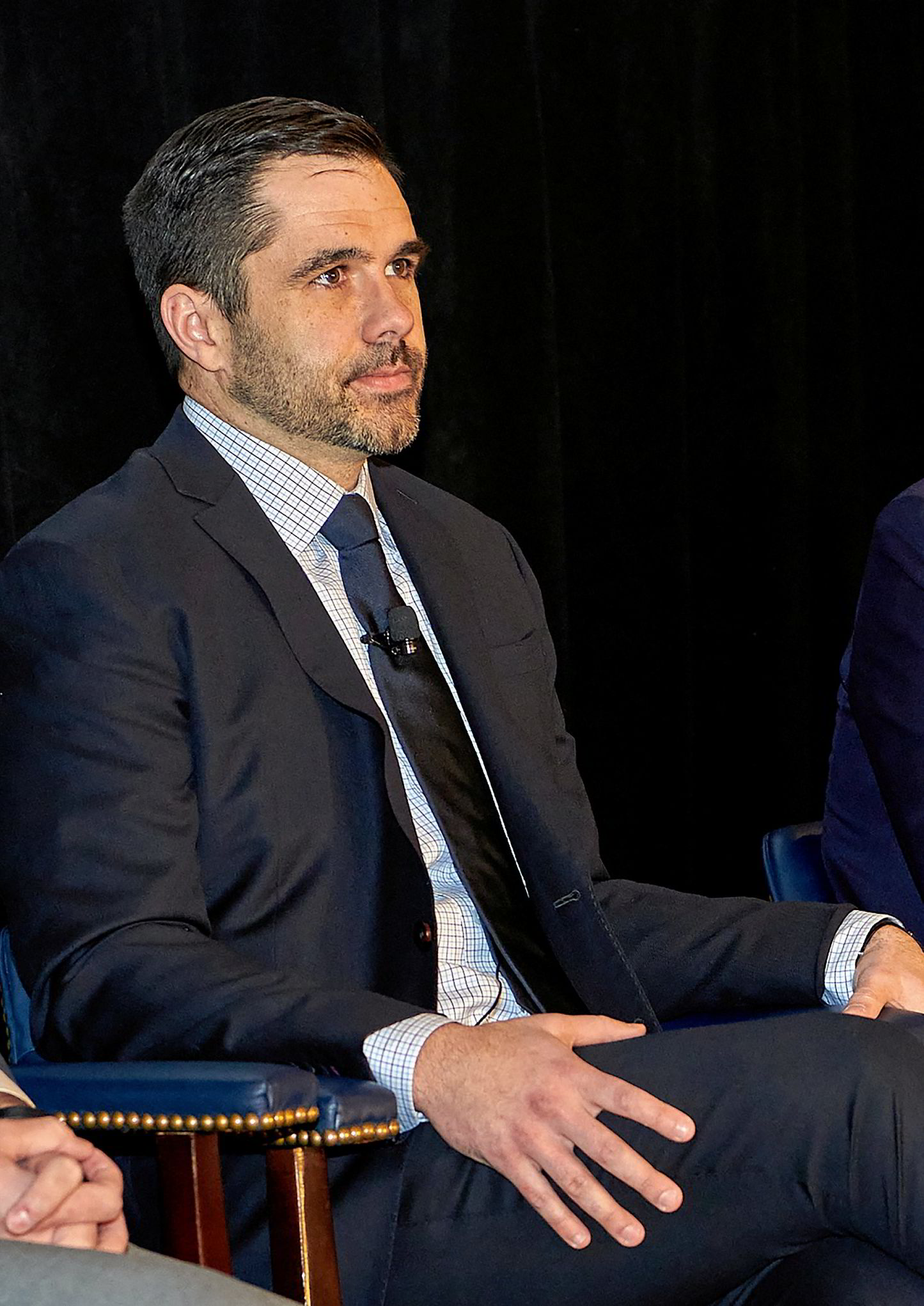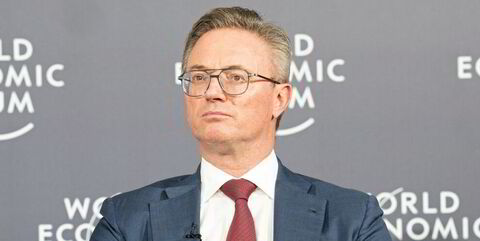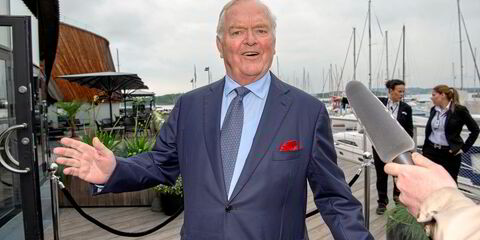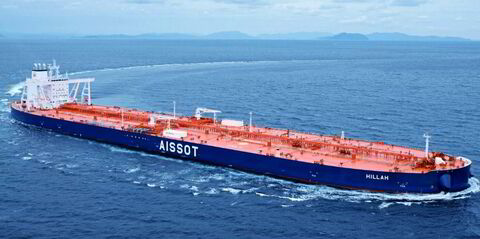Will Euronav’s proposed merger with CMB.Tech turn the major Belgian tanker owner into the “investable green shipping platform” that chief executive Alexander Saverys wants it to become.
Michael Webber, managing director of Webber Research & Advisory, told the Green Seas podcast he believes the description is “largely accurate” as the merger heads for a shareholder vote on a plan that would ultimately result in rebranding Euronav as CMB.Tech.
“Looking at it from the market side, from the tanker side, but also from the alternative fuel side, this is not speculative,” the financial analyst said in an interview.
Webber, whose practice spans the energy, industrial and shipping space, said many players will dip their toes in a speculative trade without becoming truly diversified, but Compagnie Maritime Belge-controlled CMB.Tech’s approach is different because of the breadth of what it is doing.
TradeWinds reported last week that Euronav is plotting an expansion of CMB.Tech’s already large orderbook of low-carbon vessels that will ultimately run on hydrogen and ammonia.
It wants to add 120 vessels including bulkers, tankers, offshore wind vessels and container ships to a fleet of 154 ships and newbuildings that the combined companies will have when the proposed merger is cemented.
CMB.Tech has been a pioneer in hydrogen-fuelled shipping, operating the world’s first tug powered by combustion engines that use hydrogen, the first crew transfer vessel for wind farms that uses the fuel and the world’s first passenger vessel to have dual-fuel engines that can use hydrogen.
The CMB division has also ordered ships that will be ready for the addition of ammonia fuel, which is another low-carbon option. While ammonia engines are not on the market, the company has been working to change that.
CMB.Tech has also built an infrastructure and distribution network for hydrogen applications on land and at sea.
“They’ve been tactically and tangibly operating and investing in this space for quite a while,” Webber said.

“They are not trying to figure out which lane they want to be in. They’re well along the curve in terms of knowledge base, having actually gained practical and tangible lessons around commercialisation and application.”
Webber said he believes there is an appetite, at least among some investors, for the type of company that Euronav is aiming to become by merging with CMB.Tech, given the tanker company’s market-leading presence that will be future-proofed by the CMB.Tech’s alternative fuels position.
He noted the companies’ “well-known and highly regarded presence in the energy supply chain” and that the CMB team are “astute operators within alternative fuels” across a variety of asset classes.

“It would take somebody starting from scratch a decade to get to where CMB.Tech is,” Webber said. “There are no shortcuts to get there.”
CMB-Tech is going big on decarbonisation bets in fuels — hydrogen and ammonia — for which many others in shipping are hesitating.
Webber does not see that as a risk.
He said Webber Research & Advisory has done a lot of work looking at methanol, hydrogen and ammonia, and he said there is not going to be one solution as shipping works to decarbonise.
“The most important thing in terms of CMB is that this isn’t an academic exercise. They’re working backwards from a commercialisation perspective. They’ve got real capital in play,” he said.
“These guys aren’t fucking around. It’s not a hope trade.”



